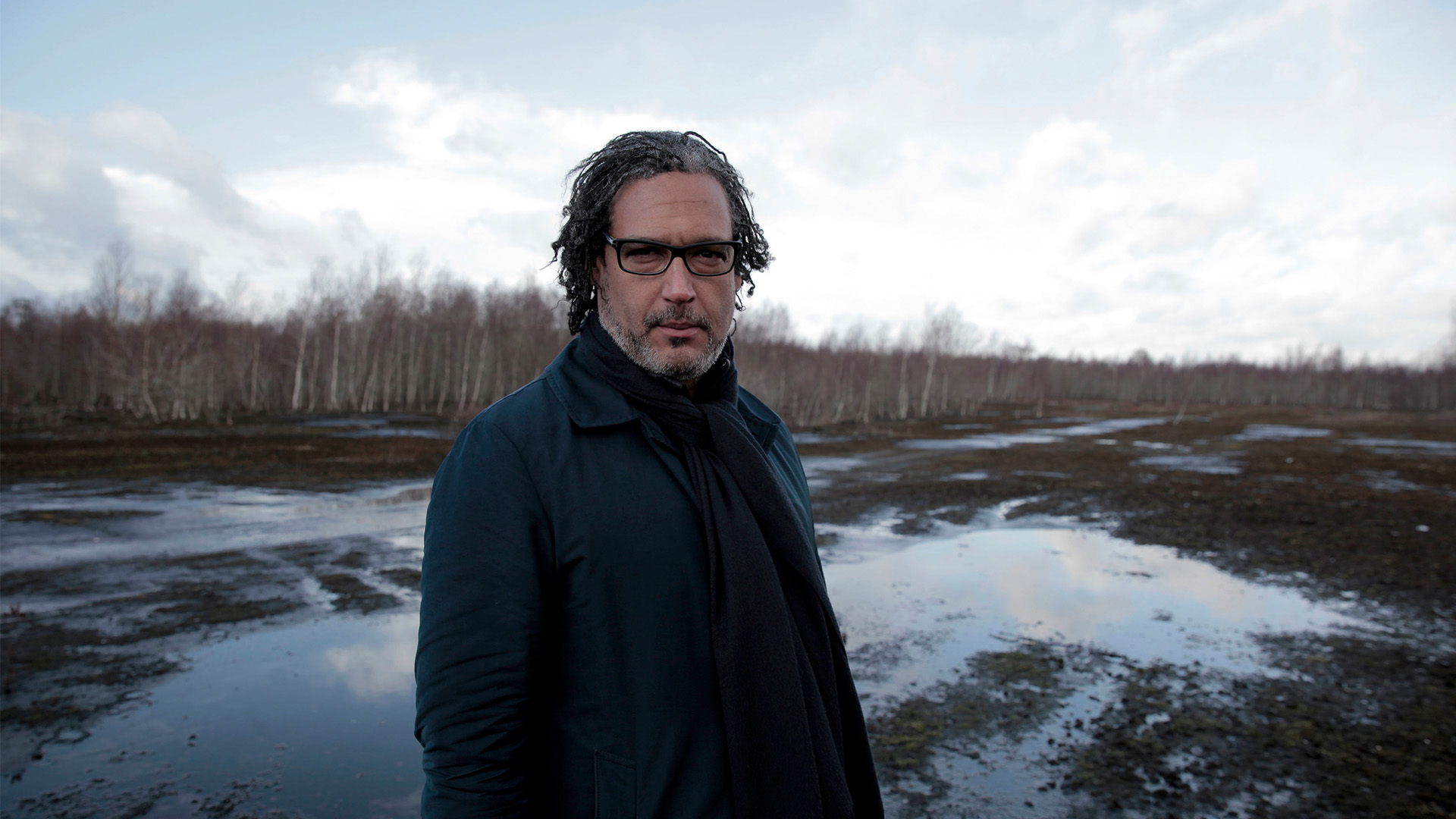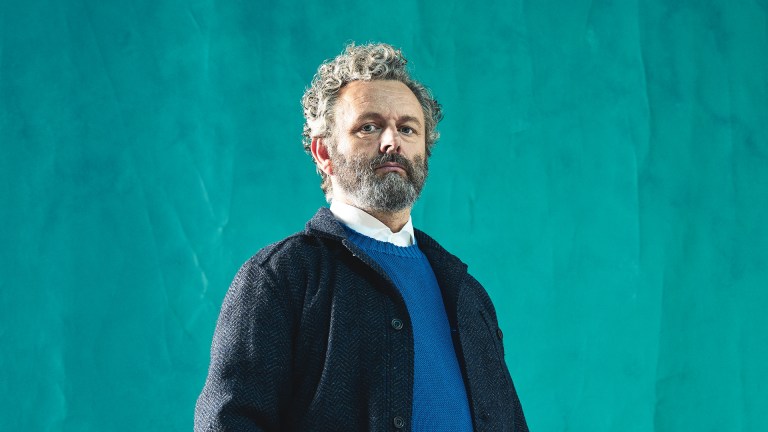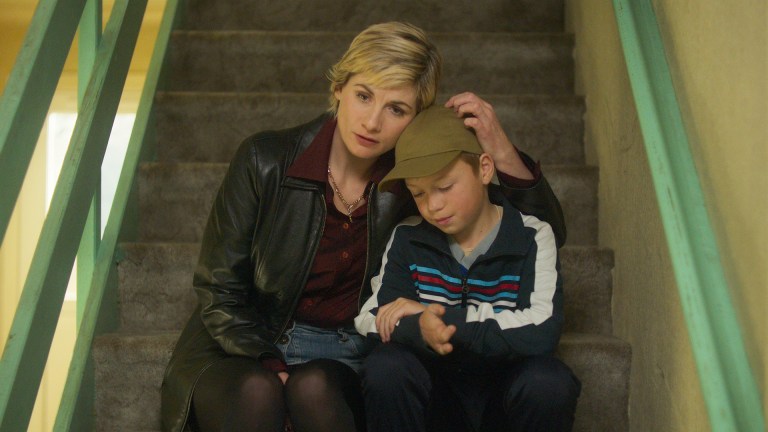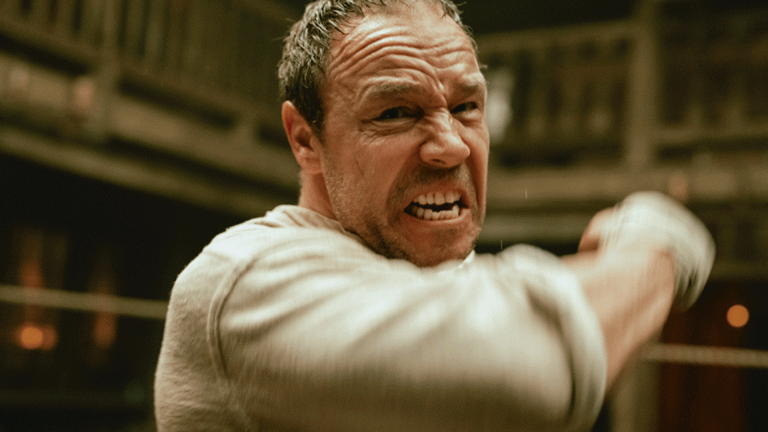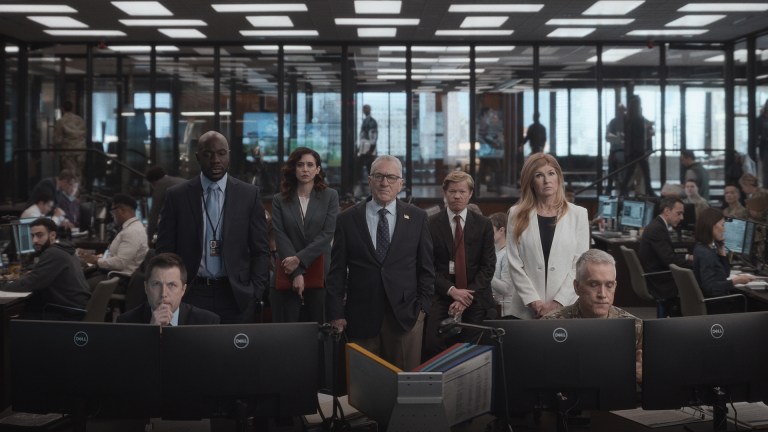Historian David Olusoga has spoken out about the decline of social mobility, describing it as one of the biggest issues facing the UK. Ahead of his new BBC documentary series Union With David Olusoga, which focuses on the complex history of the United Kingdom, the respected broadcaster and writer who grew up on a council estate in Gateshead shared his fears for future generations.
“I’m deeply concerned about what I regard as the breakdown of social mobility,” he said.
“As much as I had a hard upbringing, I look at the opportunities and the barriers facing young people from my background today and feel extraordinarily fortunate.
“Racial violence was worse in the ’70s and ’80s but universities had grants. You could enter a middle-class profession as a working-class kid and get a job and a mortgage.”
Olusoga is known for documentaries including A House Through Time, The Unwanted: The Secret Windrush Files and Statue Wars: One Summer In Bristol. His work always uncovers marginalised stories and amplifies forgotten voices. But he feels someone from his background now would not have the same opportunities he had.
“Young people today are being given options and choices that are so limited compared to those that even I, from a council estate in one of the poorest parts of Britain, was offered,” Olusoga said.
